
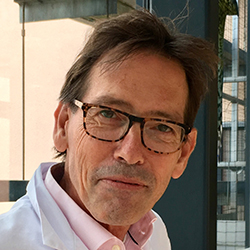
Prof Nico Wulffraat
Professor Nico Wulffraat is a paediatric rheumatologist and immunologist and full professor within the Department of Paediatrics, Subunit Paediatric Immunology and Rheumatology, Wilhelmina Children’s Hospital, University Medical Center Utrecht, The Netherlands.
Professor Wulffraat completed his medical degree at the Free University, Amsterdam, The Netherlands, and was later awarded a PhD from the same institution. His research interests focus on paediatric rheumatology, and he set up the European project Pharmachild and the European project SHARE on clinical guidelines in paediatric rheumatology. Additionally, Professor Wulffraat is the coordinator of the European Reference Network (ERN) RITA.
Professor Wulffraat is a member of committees such as the Gezondheidsraad Advies CVS (chronic fatigue syndrome) and the Evaluatie Beoordeling NFU Expertisecentra. He has also contributed to over 330 peer-reviewed papers.
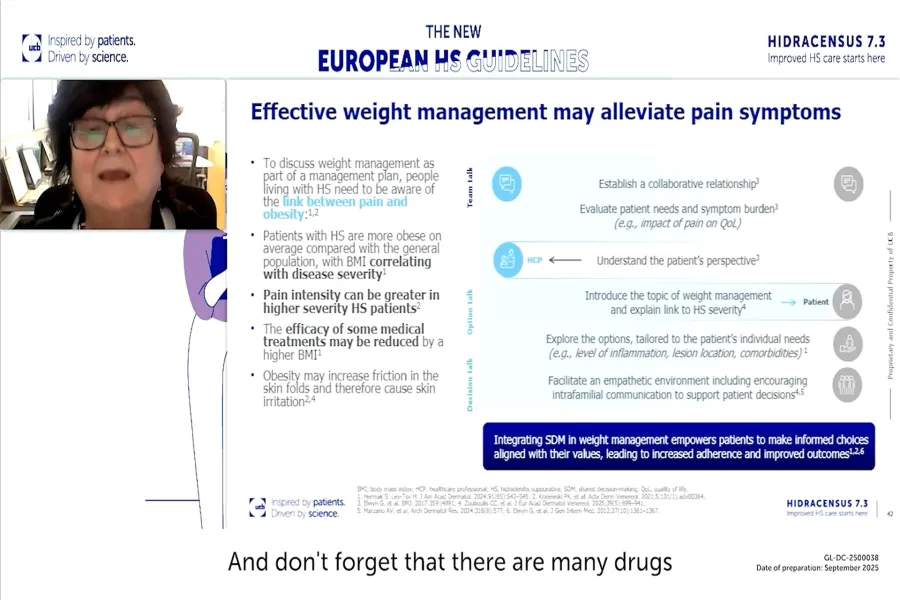
Exploring how the guidelines defines holistic care
Integrating holistic care through guideline recommendations with patient-reported outcomes and shared decision-making
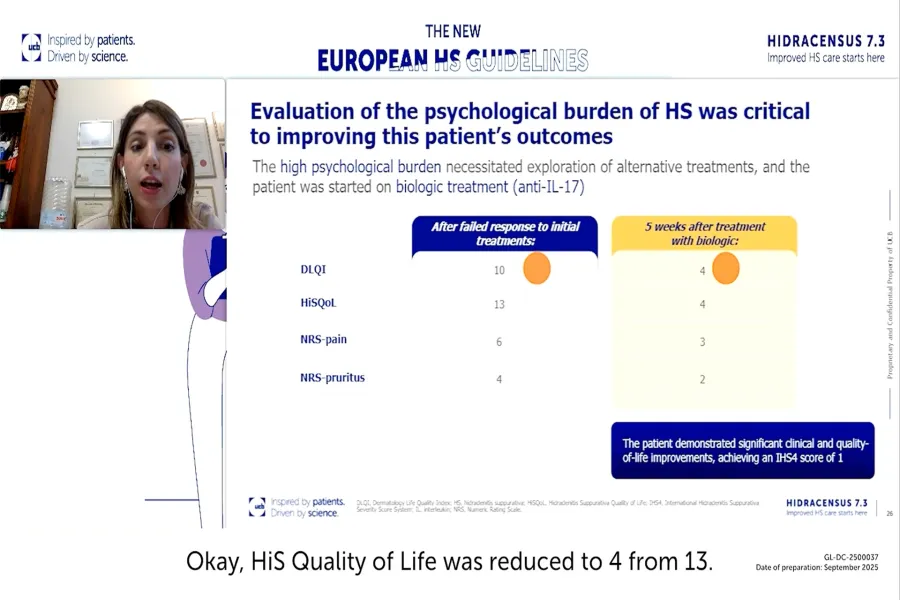
Personalising the approach to HS care
Personalised HS care: Addressing the multi-faceted burden of HS with a case study example
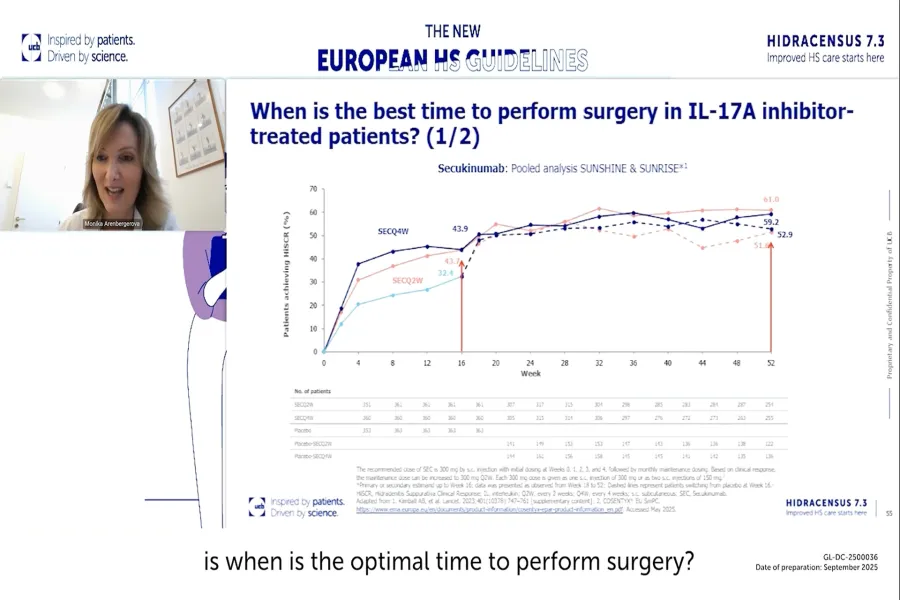
Combination approaches in HS
The role of combined medical/surgical and medical-only treatments, including the optimal time for intervention
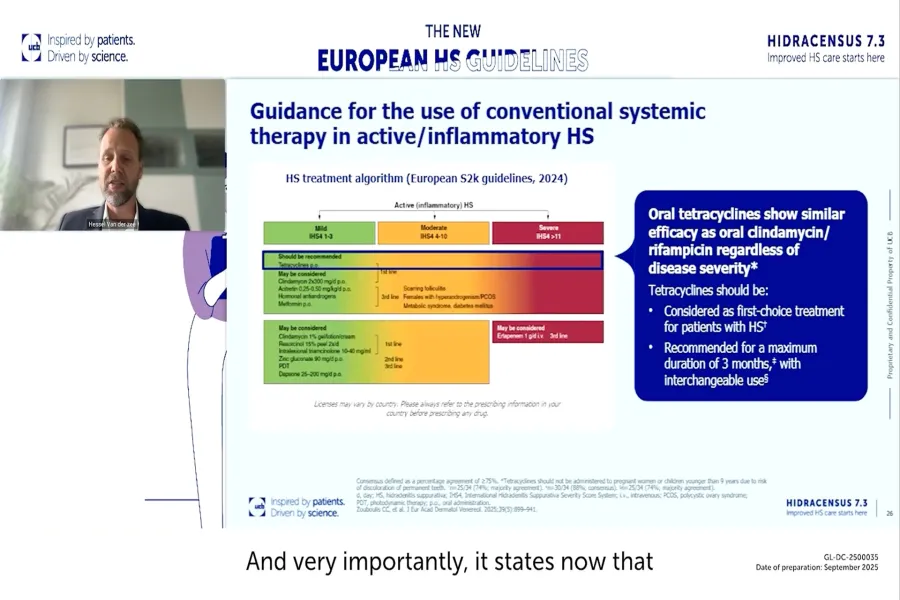
An overview of the European S2k guidelines
Key guideline updates including management algorithms for inflammatory and non-inflammatory HS phenotypes
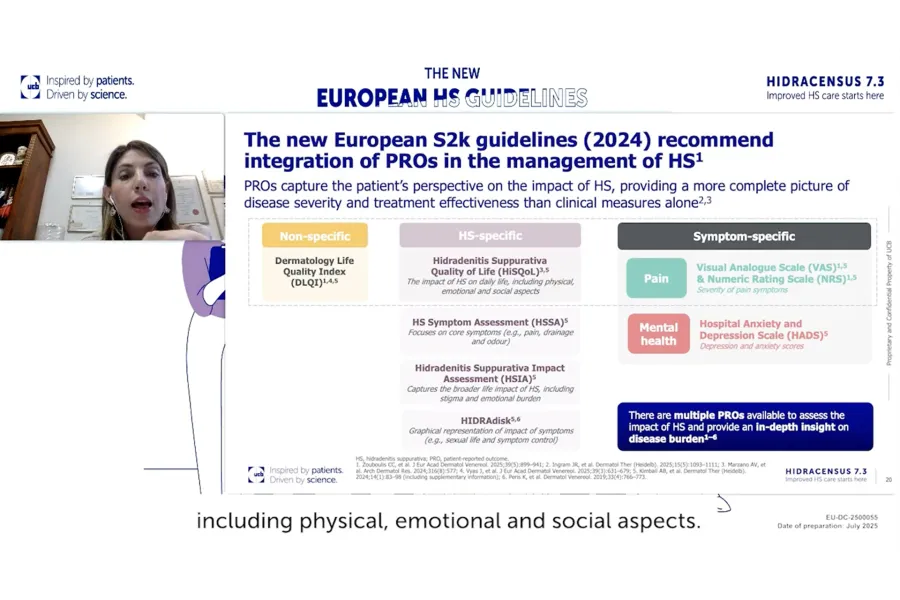
Shared decisions: Redefining HS treatment
Prof. Prignano and Prof. Liakou discuss patient-reported outcomes, shared decision-making and multidisciplinary HS care
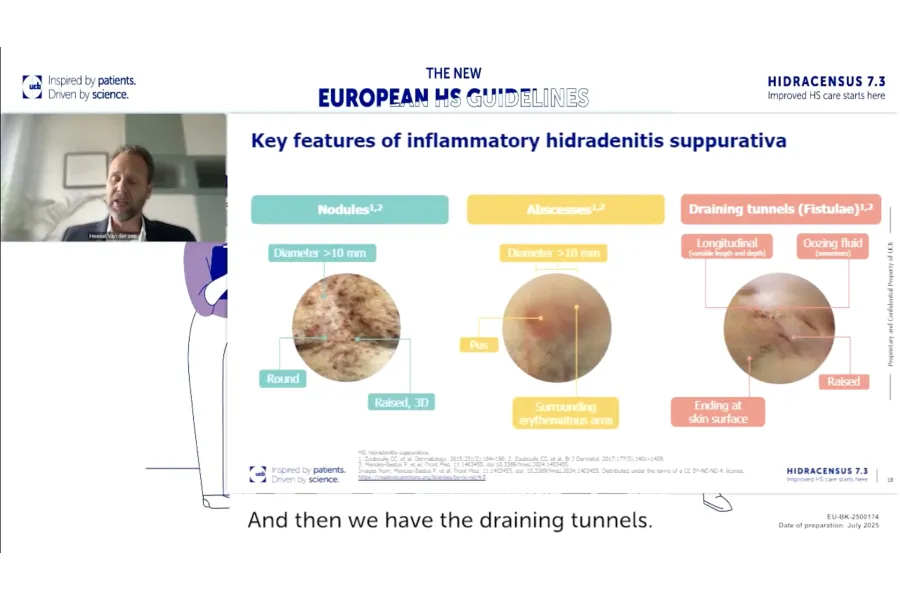
From guidelines to action: Transforming HS treatment pathways
Dr van der Zee and Prof. Arenbergerová explore holistic treatment of HS through medical, surgical and combined approaches